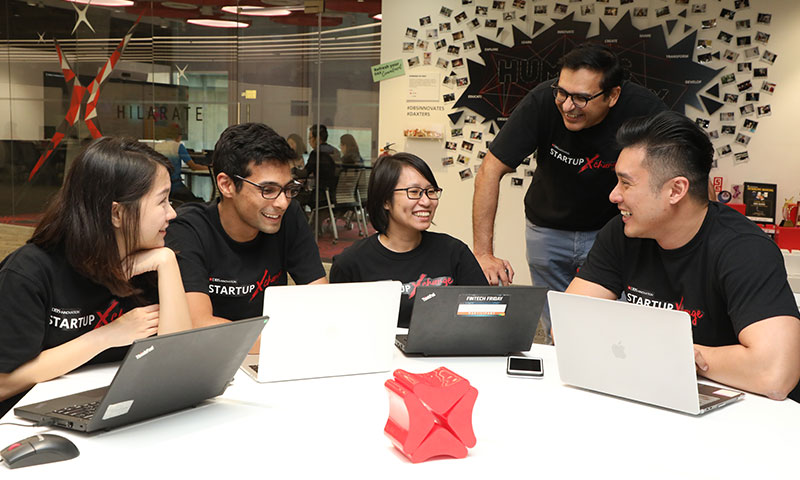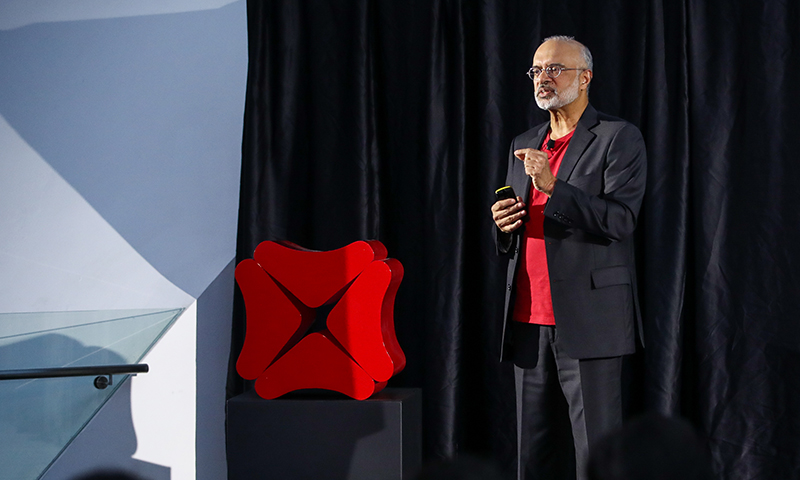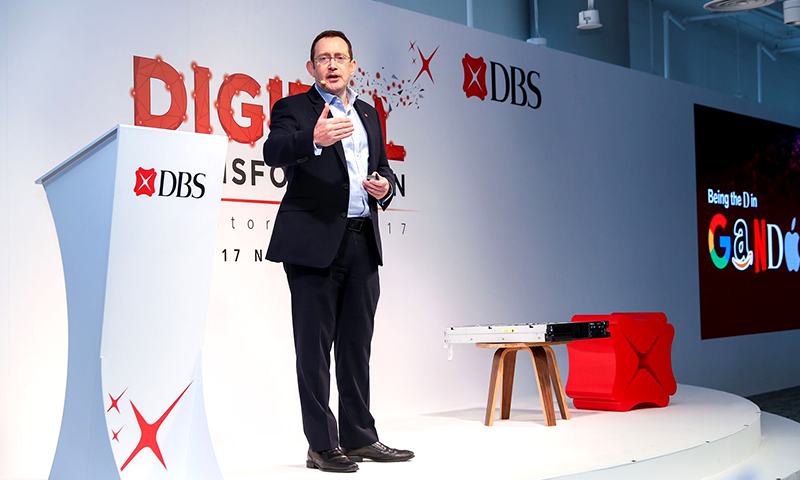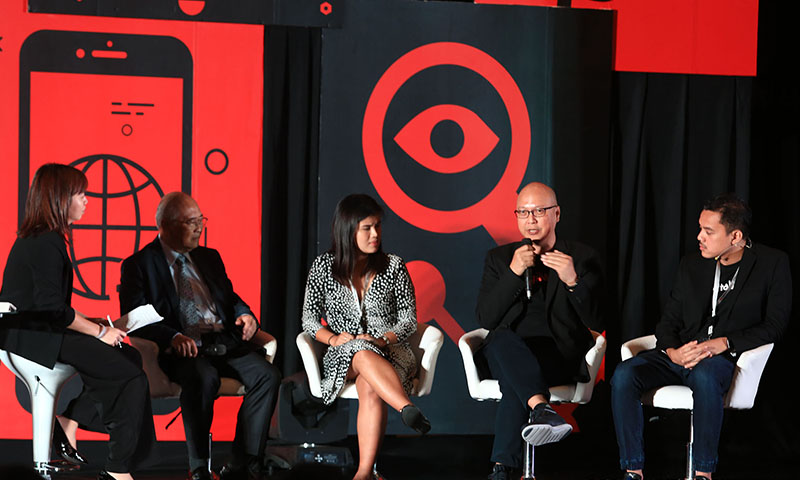Find out if you can cope with the changing technologies and workplace structures
The way we work has changed drastically in recent years, thanks to advancements in technology, along with changes in structural social and economic forces. To adapt, organisations must understand these changes, how others are adapting, and how they can use tools to respond to changes effectively.
New nature of work
While technological advancements have made obsolete some jobs and skills, they have also created demand for new ones, such as cloud service specialists, app developers, or even social media managers. Companies must understand the type of talents and skillsets they need in this new economy, as well as consider new ways of accessing such talents.
The nature of work is also changing with technology – working anywhere, anytime, is fast becoming the norm, and enabling people to take on more flexible roles.
According to a 2017 study by global workforce solutions provider KellyOCG, 84% of talent managers in APAC hire or use gig workers, while online gig platforms such as Fiverr and Upwork provide platforms for freelancers to offer a range of services to customers worldwide.

In addition, how firms organise themselves have also changed. Many companies now opt to manage work in smaller, self-organising and cross-functional teams, with workers rotating among projects and trainings.
This reduces the level of hierarchy and increases organisational speed and agility, enabling firms to be more responsive to nascent market needs. For instance, music streaming firm Spotify is organised based on “Squads”, or small autonomous, cross-functional teams with around 6-12 members that decide on what to build and how to do so, while remaining aligned with the Squad’s overall mission and product strategy.
New forms of collaboration
With the rise of multidisciplinary teams, employees need to work together effectively and this may take place in various forms.
For instance, collaborative technologies (e.g. online meetings and document collaboration) have enabled workers from different departments and locations to form virtual teams, share data and work simultaneously on the same projects.
In addition, the democratisation of data analytic tools and rise in the availability of data have led to more citizen data scientists. These are roles that analyse data and create business models with the help of big data tools and technologies, even if they are not trained as data scientists or business intelligence experts.
Traditional data scientists are often expensive and difficult to access. Citizen data scientists provide a means of reducing this skills gap in a company and may be nurtured through various in-house programmes and classes (such as AirBnB’s Data University).

While digital tools and platforms enable better management of knowledge, they do not foster greater collaboration on their own. Users of such technologies are the ones who determine and benefit from the effectiveness of collaboration. They must therefore continuously adapt to and incorporate new tools and strategies to promote a collaborative culture over time.
Managing change
Employees may vary in their willingness to accept change and adopt new technology. Thus, changes to the way they work must be as inclusive to as many employees possible.
Organisations can gain a better understanding of the current and future needs of both the organisation and its employees through data-driven methods. For instance, Microsoft Workplace Analytics allows companies to use email and calendar data to gain better insights on employee engagement pattern and identify parts of the organisation that are under stress.
As organisations undergo digital transformation, they also need to balance between harnessing technology to improve productivity and managing the resulting challenges.
The blurred boundaries between work and personal life can be one of the unintended effects, with communication technologies such as mobile devices creating an “always on” work culture. In recognition of this, some countries, such as France, have enacted laws such as the “Right to Disconnect” law, which provides employees with the legal right not to engage in work-related electronic communications during non-work hours.
Beyond leveraging technology, an organisation’s culture plays a key role in managing change and promoting greater innovation and learning mindsets. In a constantly evolving environment, it is vital that employees keep abreast of industry developments and master new skills.
According to a report by research firm Gartner, eight in 10 CIOs and business leaders agree with the statement that "in 10 years the skills and knowledge in our organisation will bear little resemblance to those we have today".
Organisations need to provide innovative learning and development programmes to empower employees to seize new opportunities amid a fast-changing landscape.
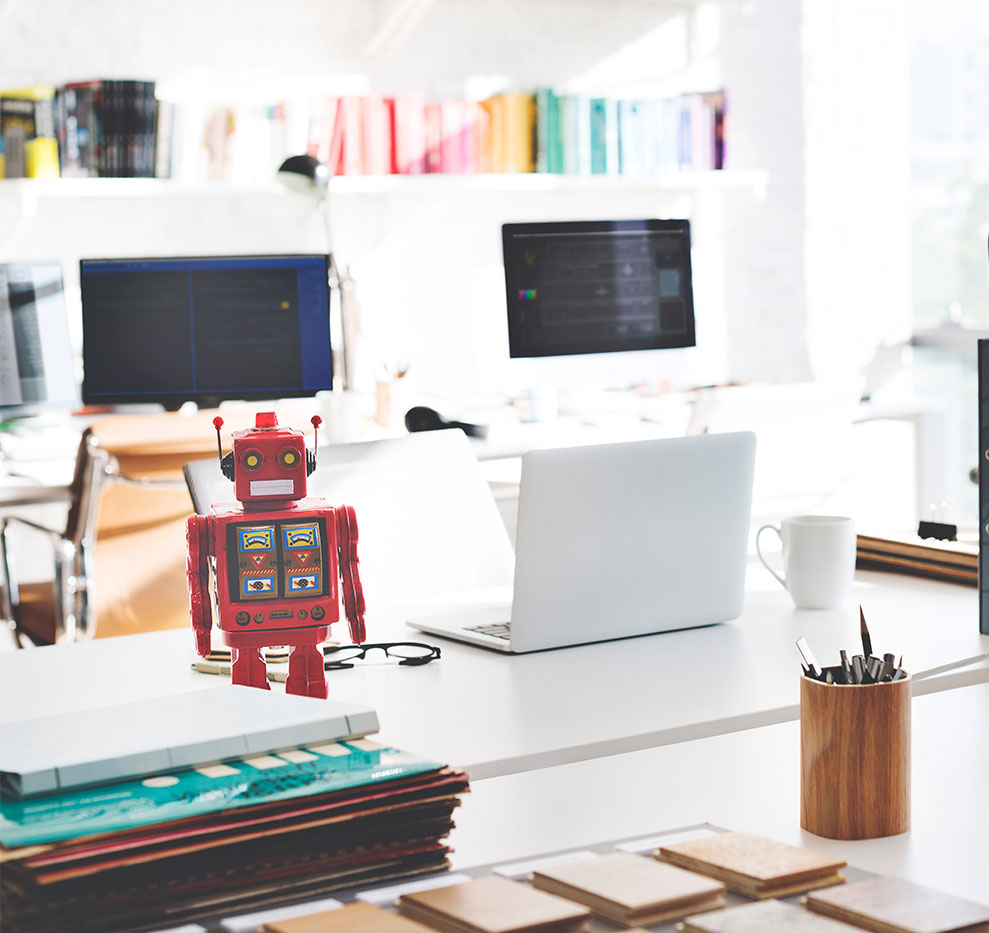
As Dr. Sabine Hauert, co-founder of Robohub.org pointed out, “Robots are not going to replace humans, they are going to make (people’s) jobs much more humane. Difficult, demeaning, demanding, dangerous, dull – these are the jobs robots will be taking.”
It is difficult to predict how the future of work will unfold in 10, 20 years, but safe to say, to thrive, one needs to not only be willing to change, but in fact, capitalise on change.

 Hong Kong
Hong Kong India
India Indonesia
Indonesia China
China Taiwan
Taiwan

